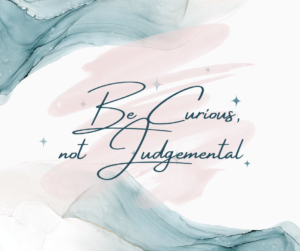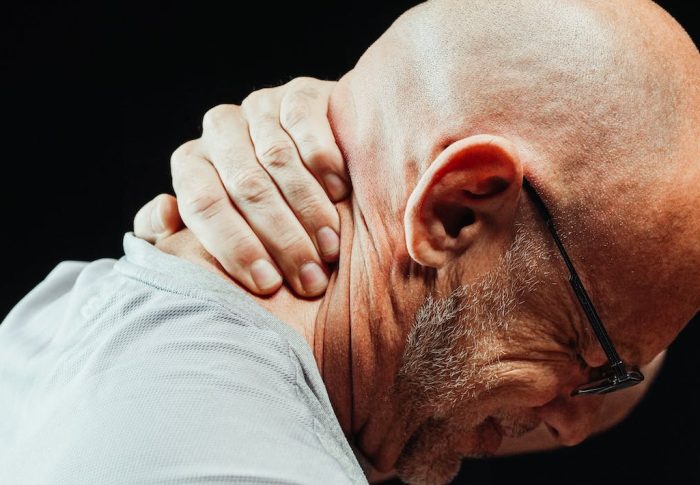
Should I be glad my illness is invisible?
I have read a lot of blogs and articles with people outraged that people have no understanding about invisible illnesses. As a mental health blogger it’s easy for me to climb on the bandwagon but as usual I like to ponder things from a different angle. Mental illness by no means has the monopoly, most cancers, diabetes and most illnesses involving internal organs are on the list of invisible illness.

Someone came to me the other day and told me about being jeered at in the street. He was confused about why but it made him angry and upset. The gentleman in question has a learning disability and the likelihood is that the way he was standing/walking/looking may have looked out of place/unusual, he is unaware that he looks different. Why would someone jeer at someone with an obvious disability? It’s plain cruel. It made me stop and think about how I feel about my illnesses being completely hidden.
I smile as I recall the number of times, while seriously unwell, even sectioned, in hospital, I was mistaken for a nurse on the ward. Most of the time, from my general behaviour and demeanour, no-one would have been able to tell the torture going on inside my head. No matter how unwell I’ve been I’ve always washed and dressed and tried to face the day.
Sometimes mental illness is more apparent, for example if someone is unkempt, looking withdrawn or responding to stimuli other people cannot perceive. But most of the time mental illness is relatively hidden if not invisible.
Is this a good thing or a bad thing?
When I despair about having a hidden illness, am I seriously suggesting it’s better or easier when the illness or disability is on show? I have wept when I’ve watched documentaries about people with facial disfigurements, the stigma, the shame they feel and the impact this has on them day to day as they fear people staring, pointing and making judgements is totally undeserving. Katie Piper is a stunning example of someone who talks openly about what it’s like. I cannot begin to imagine how people manage a condition people can see.
Perhaps this is a blog about judgements people make.

Why, whether obvious or hidden do people make assumptions and judgements about other people’s abilities and disabilities?
Why should I be afraid to park in the disabled bay? If I have a blue badge it’s because I need to park closer to the building, should it matter to other people why? The wheelchair is the universal sign for disability, it does not mean I have to be in a wheelchair to use the space.
People with conditions from autism to fibromyalgia, from COPD to paraplegia need to use disabled parking. Why is it anyone else’s business? If I have claimed a blue badge fraudulently, this is a matter between me and the authorities, not Joe Blogs Public.
On the flip side, just because someone has a visible illness, disability or condition, it seems that people make judgements about what they can and can’t do. For example, the gentleman I wrote about earlier (with the learning disability), we are working very hard with him to become more independent, which he is managing very well and it’s building his self esteem. But the people in our local shop assume he cannot do this and therefore insist on him giving them his shopping list so they pick items for him, it is well meaning but completely unnecessary and making him think he can’t do it!
The benefit of an invisible illness is that you can choose to keep it hidden, no-one else has to know unless you wish to tell them.
The down side is, if people assume I’m ok, I do not get the help and support I need.
The stigma and discrimination experienced by someone with an invisible illness is due to lack of understanding and awareness that the illness exists, the assumption is, if you look normal, surely you should just get on with life?
The stigma and discrimination experienced by someone with an obvious illness is due to people making inaccurate judgements about something they think they understand but the reality is they do not understand at all.
Why do we place so much importance on appearance? We need to stop judging a book by its cover. Just because I look “normal” don’t assume I can just get on with life; if I look different, don’t assume I’m not capable.






Comments
if anorexia was visible then what everyone would see is either a dark cloud or a dark shadow engulfing the person with AN this would be proof beyond doubt that anorexia is demonic oppression and appropriate steps would be taken – but luckily for Ana she can operate without being seen
https://fightingthedemonanorexia.wordpress.com/2016/11/26/anorexia-ana-is-a-demon-imposter/
I can’t tell you how many times I’ve expressed that I wasn’t feeling well and was told “wow, I would never have guessed. You look so great today.” I can’t say that I hate that at all… I mean, I love to look good. I think what bothers most people or at least me, the most is that because we don’t look I’ll, we feel like people are much more likely to shrug it off without even trying to have an understanding of what we are going through and that feels a lot like not being validated. I’m very lucky to be surrounded with a lot of support but I still have times where I feel alone and misunderstood or even judged… Although it sucks, I guess it is better than looking as bad as it feels most of the time. ❤️
Oh my word, I just snagged some of those pictures for my fibro support group! I never really thought about it but it is nice to just be one of the group and not stick out like a throbbing thumb or something.
I think that society is just freaked out because most have felt the same things and it freaks them out that they are just the same. They hate it because you are pieces of them. Jewel says it the best in her song …”pieces of you”
This is a great post. Has me thinking. I have several invisible illnesses and most of the judgement has been from friends. And it makes me confused, sad and angry. I don’t want to look disabled, just for friends to accept me. I can’t figure out what it is about me that is bothering them so. But I think that’s the problem, it’s them, not me. Something I’m working hard to remember. Thanks for posting 🙂
Thank you. Depression, anxiety, Fibromyalgia, compromised immune system, arthritis, Raynaud’s Disorder, easily broken bones… all invisible.
It’s a double edged sword, that’s certain. Excellent entry.
Tank you for this great post, it is very recognizable. In dissociative identity disorder, you are entirely judged by the body, by your age, nobody would expect the invisible others you are in which your feelings are extremely different from what the outside believes you are. In fact you can feel exactly like five years old, still in the wrong body and getting much problems with the invisibility of mental health problems inside. This might even lead to false accusations, or violence from others which do not understand anything of what you are. So, awareness is very important.